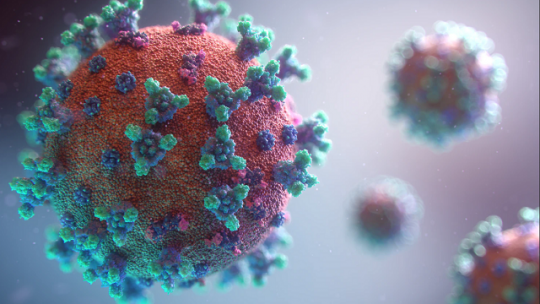If you are not living under a rock, you would know by now that the COVID-19 has got most countries in the world in a headlock. Economies are hitting rock bottom, unemployment is rising worldwide, and our very freedom to roam around has been challenged.
The coronavirus is a highly infectious respiratory disease that has taken over the world. Interestingly, this is not the first of its kind outbreak. SARS came around 2002-03, and the H1N1, which originated around 2009, caused over 18,000 deaths.
So what has changed this time around?
Why does it feel very different, almost apocalyptic?
One of the more obvious answers is COVID-19 is more global than any of the previous viruses. We are traveling more frequently than ever before. Another reason is the social media age we are living in; no longer is the traditional media our only source of News. Although this has a lot of advantages, one of the most dangerous byproducts of social media is the myth spreading.

Some of the most common myths around the coronavirus pandemic are:
1. High temperatures Can Kill the COVID-19 Virus
Even after several governments pleaded people to exercise social distancing, surprisingly, a lot of people headed to the beach to enjoy their day. When confronted, a lot of them pointed out that exposing one’s body to the heat will kill any virus.
This is one of the most common myths, to lay it out more clearly, you can catch the coronavirus no matter how hot the weather is.
2. Drinking Alcohol Can Cure the Coronavirus
The alcohol in our hand sanitizer can kill the coronavirus, then consuming alcoholic beverages should free your body of the virus, right? Wrong!
The consumption of alcohol does not kill the virus. On the contrary, consumption of too much alcohol can lead to other issues such as kidney failure. With the hospitals running on full gas trying to treat people with COVID-19, going to the hospital with self-induced problems is the last thing you want to do.
3. Being Able to Hold Your Breath for 10 Seconds or More Without Coughing or Discomfort Means You Don’t Have Coronavirus
This is a slightly less obvious but pretty common myth. The World Health Organisation (WHO) states that the one and the only way you can determine whether you have coronavirus is through a laboratory test. There are many ways to get tested, the most accurate of which is the PCR test. However, this test takes 1 – 3 business days to return results. If you need same-day answers, a rapid PCR Covid test in Charlotte NC and other cities can provide highly accurate results within several hours of your test.
Since the COVID-19 virus symptoms are varied from person to person and some positive cases even reporting being asymptotic, this myth can be very dangerous. People without severe symptoms might ignore the isolation and might end up causing a threat to more vulnerable people.
4. There is a Cure or Vaccine Out There
This myth might sound obvious to some, but when people get vulnerable, they clutch at straws. Even though the world is united against the COVID-19 and people are tirelessly looking for a vaccine or cure, the disappointing truth is that there are none out there currently.
While the world is desperate, there are moralless people out there who are trying to sell their “miracle medicines” for a profit. It is very important for people to realize when a cure comes out, they will get to know through trustable sources, in the meanwhile, it is very important to stay away from such scams and inform vulnerable people about them.
5. The Coronavirus is Just Like the Flu
There is a growing belief that the COVID-19 is not very deadly and should not be taken this seriously. Although there is a similarity in the symptoms of the flu and COVID-19, such as coughing, fever, and body ache, Influenza or “the flu” has been around for longer with the mortality rate much lower than that of the COVID-19.
The official mortality rate of COVID-19 is still being looked after and the guess is anywhere between 1-3%, Influenza, however, is 0.1%. It is best to leave the judgment of how severe the disease is to the experts.
Final Thoughts
These are trying times and people are scared, but it helps no one to spread myths. If something comes along your way, act responsible and research about it before forwarding it or believing it. Just like coronavirus, these myths spread from people to people.























